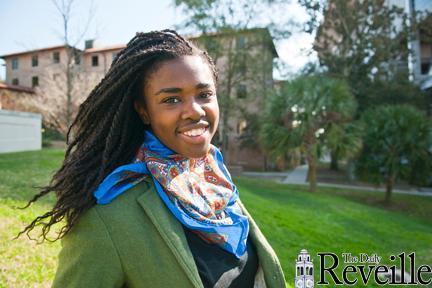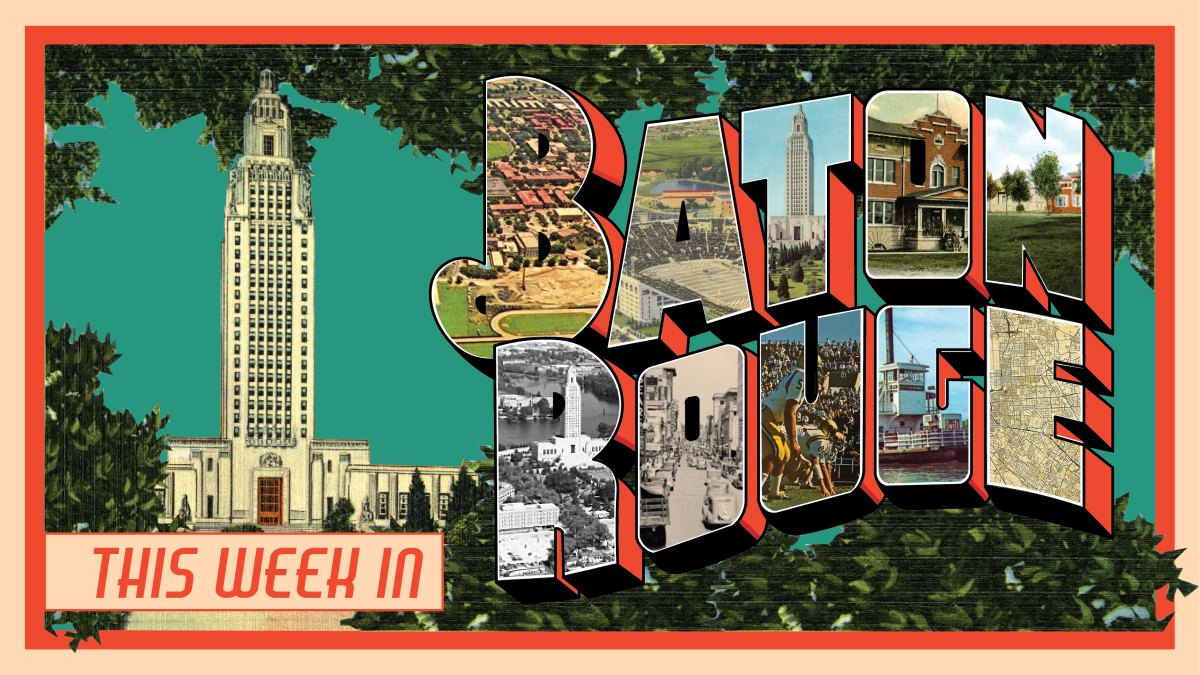It’s been two years since Kaylah Paige decided to chop her hair off.
The anthropology sophomore said she felt intense anxiety as she faced the daunting task, but felt proud afterward, looking into the mirror and seeing nothing but her natural self.
“I was so happy,” Paige said. “The smile was plastered to my face.”
Paige is one of many other African-American and Afro-Caribbean women who are making changes to their hair through the “natural movement” that has recently become mainstream. Celebrities such as Solange Knowles and actress Kim Coles have attracted attention for their natural hairstyles and their promotion of natural hair.
Going natural is the process of growing out natural Afro-textured hair to rid the hair of ends that have been chemically relaxed or straightened, according to Mirelle Liong-A-Kong, author of “Going Natural: How to Fall in Love with Nappy Hair.”
Kong said African-American women’s desire to have straight hair has become so deep-rooted in popular culture that women will go beyond hair damage to get it.
“When I look back at the ’60s, afros dominated the hair and fashion world,” Kong said. “After the civil rights movement, people had to go back to work and make their career.”
That’s when relaxers and the straight-hair look became popular.
Paige made the decision to go natural in the fall semester of her freshman year and styled her hair in braids to allow her natural roots to grow. After 12 years of relaxers, she said she felt out of place and struggled with self-confidence issues deeper than her hair, like not fitting the stereotypical “black girl” mold.
“I felt weird,” Paige said. “I felt like embracing my uniqueness and my weirdness.”
Once Paige went natural, she felt like she joined a community without even trying. She described the awesome feeling of seeing another woman on campus with natural hair.
Kong created a website, Going-Natural.com, to help women connect and give advice to one another during the process, especially women who meet negative feedback.
“There is nothing wrong with the straight look,” Kong said. “The difficult thing is dealing with natural hair itself. [African-American women] have been alienated from it.”
Business sophomore Jasmine Lamotte also stopped relaxer treatments and is currently transitioning from relaxed to natural hair. She said it’s a major adjustment, but her family is supportive.
“In the beginning, [transitioning] can be hard because you don’t know how to deal with your hair. Your family members and society may not accept you for it,” Lamotte said. “Also, with job interviews, they may think you look unprofessional because your hair is not straight.”
African-American studies professor Stephen Finley said many black women face obstacles stemming from a racial hierarchy.
“All people in America — native born or immigrant — are socialized into a system of white privilege that ranks bodies based upon color and race,” Finley said in an e-mail.
Finley said black hair represents both the pressure to conform to white standards of beauty that have become the norm over centuries into a hierarchy of beauty.
“African-American hair is a symbol, just as bodies are. Bodies represent social systems, and they take on and carry meaning that mirrors pressures of given collective cultures,” he said.
LHDC-TV, also known as “Long Hair Don’t Care,” is a YouTube channel produced by Nik Scott, who began a personal blog in 2008 to document her natural hair journey.
Scott said it’s been less than a year since she went natural, and she experienced a failed transition when she stopped growing out her natural roots and used a relaxer again. After speaking with a co-worker on embracing culture, she questioned the point of pride in embracing Afro-textured hair.
“Women relax their hair because that’s what is acceptable and comfortable. It’s like a right of passage,” Scott said. “With my failed attempt, my mind was not transitioned.”
Scott predicts natural hair will be a trend in 2012, depending on each woman’s reasons for going natural, because it is an extension of a woman’s personality.
“My daughter, my sister, and my mother — none of us have the same kind of hair.” Scott said.
Paige used to feel torn down from the smallest snide remark from family members on her decision to go natural, but now she thinks natural hair is beautiful and advises women considering the natural look to go for it.
“I had to remember that I did it for me,” Paige said.
____
Contact Raylea Barrow at rbarrow@lsureveille.com
African-American women embrace their natural hair textures
February 6, 2012








